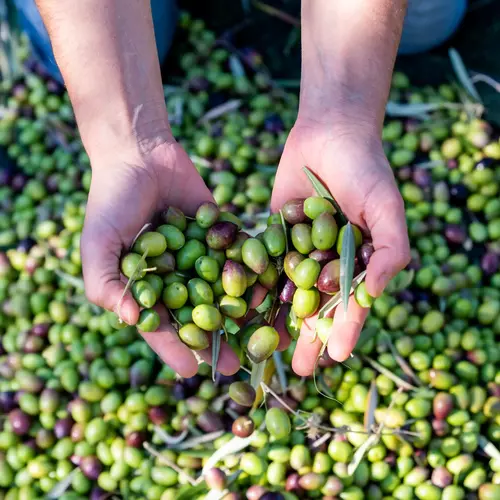
APRIL 30 , 2023
Is Olive Oil Considered Plant-Based?
Edible oils have countless uses, including cooking, sauce-making, and dressing. They are derived from various fruits and seeds, and their impact on our health depends on the potential nutrients that can either benefit or harm our bodies.
Vegetable oils are often considered as an important ingredient to add into your diet. However, it's important to note that all oils have health benefits when consumed in moderation. The key is to carefully measure portions and be proportional alongside the type of oil that we consume.
In this article, we'll explain you the benefits of olive oil, explore the differences between various types of edible oils available in the market, and address the question on everyone's mind: Is olive oil classified as a plant-based oil?
What Are Vegetable Oils?
Fats come in various types, including good and bad sources could be from animal vegetable oils, and edible oils, each with unique characteristics derived from different primary sources. These oils are extracted and processed mainly from seeds.
Vegetable oils are obtained from seeds or fruits and are typically composed mainly of unsaturated fatty acids. For instance, the sunflower seed oil is a type of vegetable oil.
Vegetable oils are available in liquid or spray form and are rich in unsaturated fatty acids, such as omega 9, 3, and 6, which can help on reducing blood cholesterol and inflammation.
The Oil Quality
Fats and oils can benefit our health due to the high amounts of vitamins and omegas they provide. The quality of the oil is determined by the amount of monounsaturated, polyunsaturated, and saturated fatty acids it contains.
Monounsaturated fatty acids are the healthiest for the cardiovascular system, followed by polyunsaturated fatty acids. Thus, oil quality is a crucial factor in determining its health benefits.
The Best Vegetable Oils
The market offers a wide range of healthy and nutritious vegetable oils. However, the number of omegas, benefits, and vitamins they contain varies depending on the fruit or seed they are derived from.
Sunflower oil is one of the most popular oils on the market, rich in monounsaturated fatty acids, like almonds, walnuts, and sunflower seeds. According to the American Heart Association, olive oil contains the most monounsaturated fatty acids, making it the best option to consume.
Notably, oils with higher saturated fatty acids tend to have a lower boiling point than those with higher polyunsaturated fatty acids. Polyunsaturated fatty acids protect oils and increase their boiling point, reducing the risk of saturated or trans fat formation.
When oil is overcooked or burned, it turns into bad fats that can harm our health. Following the recommended cooking temperature for each oil is essential to avoid this.
Olive Oil
Olive oil is an excellent source of unsaturated fatty acids, making it one of the best oils. It is most commonly used raw in salads or to protect food from oxidation due to its high vitamin E content, which creates a protective layer to prevent food from oxidizing.
Olive oil is derived from olives, and the production process is artisanal. The olives are harvested, separated from the leaves and branches, and crushed in a hammer mill. The juice is then extracted from the pulp, pits, and skin using mechanical pressure, separating the oil from the water and solids.
Is Olive Oil Considered a Vegetable Oil?
That's correct! Olive oil is a plant-based oil derived from the fruit of the olive tree. It is known for its high content of monounsaturated and polyunsaturated fats, which have been linked to various health benefits, such as reducing the risk of heart disease and improving blood cholesterol levels.
Additionally, olive oil contains antioxidants and anti-inflammatory compounds, making it a healthier choice for cooking and consumption.

 Go to Nutrioli MX
Go to Nutrioli MX











